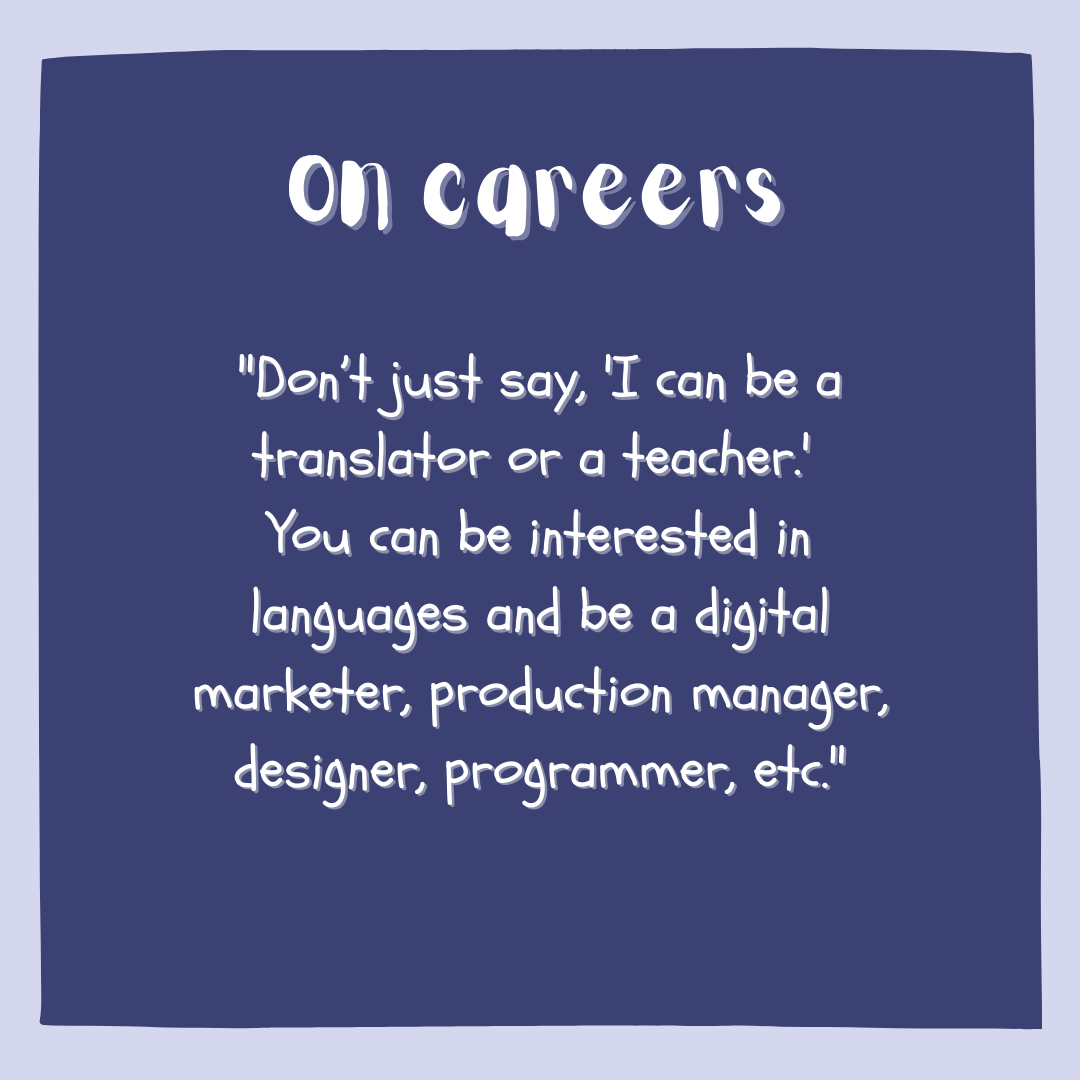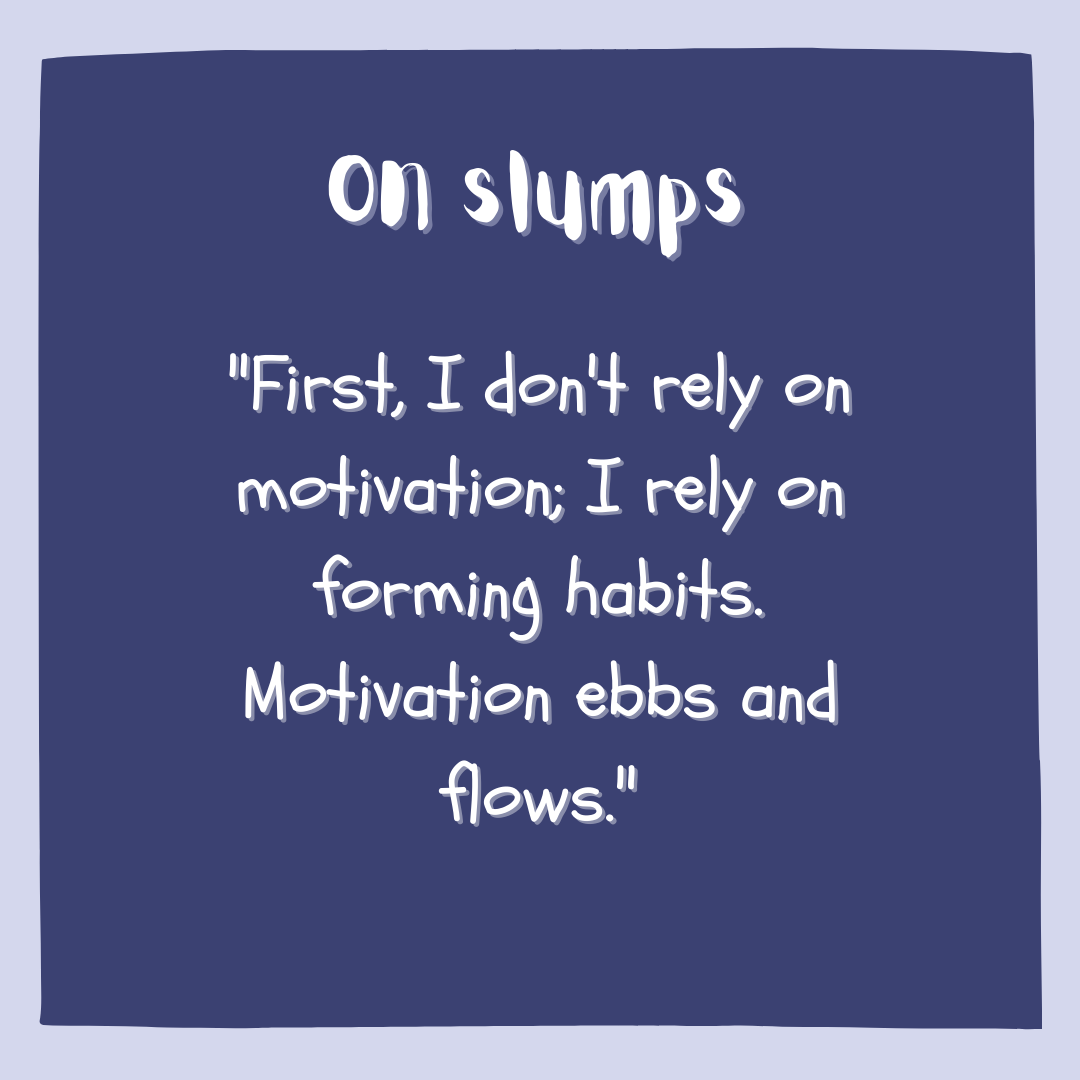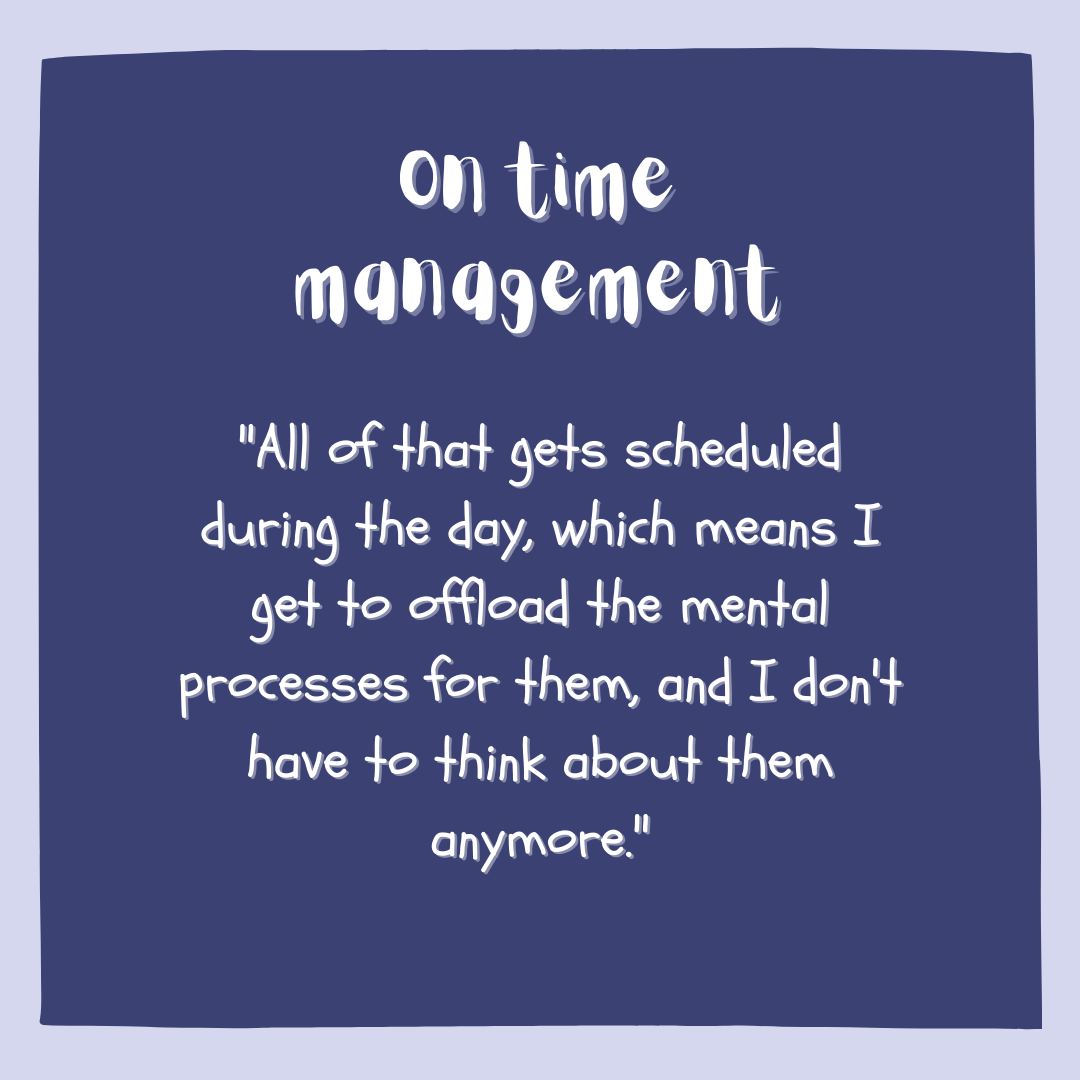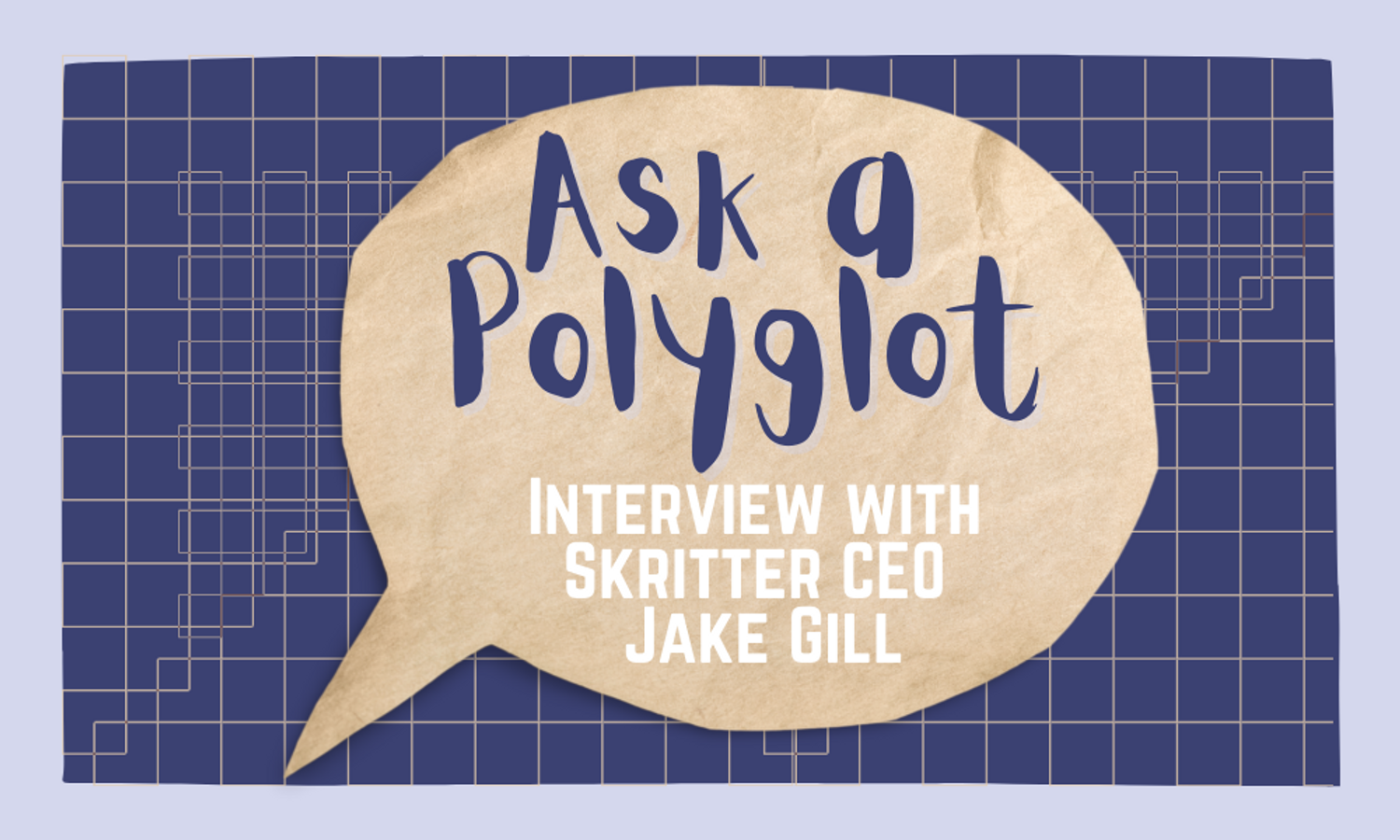Jake Gill is the CEO of Inkren (Skritter)—an app for learning to write Chinese and Japanese characters—and a lifelong student who is passionate about helping make Chinese language learning more accessible through digital technologies. His teaching background includes summer camps, distance learning platforms, weekend schools for second-generation Taiwanese students, and university level Chinese classes.

Q: At one point, you were deep into teaching Chinese as a second language and planned to make it your career. How did you make the transition from teaching to Skritter, and more broadly, digital education?
A: I did a lot of teaching as a student. I’ve always been someone who learns better when I teach. Very early on, I was involved in the Chinese club at the University of Wisconsin-Milwaukee. I did tutoring, and I got an interesting job as a weekend school teacher for Taiwanese students. They put me in gāojíkè (高级课, advanced class), so I was with kids in the highest level. Their Chinese was better than mine, but I could read and write better, so the families hoped I could inspire them. If this lǎowài (老外, foreigner) guy could do it, then the kids could do it too. After that, I went to grad school and worked as a Chinese teacher for online distance learning education through National Taiwan Normal University. I then got a job at UW Milwaukee as an associate lecturer. I taught Chinese 101 and an intro course on hànzì (汉字, Chinese characters), which was kind of the foundation for the digital course we created on Skritter.

After that, I didn’t have a job. I thought I was a shoo-in at UW Milwaukee, but they couldn’t hire me, which was a little dramatic for me back then. Looking back, I understand that it was probably the greatest thing that ever happened to me, but at the time, I just thought, “What am I supposed to do?” I was in Milwaukee for my wife's job, so I couldn’t move. There are only so many schools in America that teach Chinese and are looking for Chinese teachers. Typically, this is the kind of role that you move for; they don't move mountains for you.
I had also been working for Skritter as an app tester, as a blogger, and as an institutional salesperson. When this came up, the guys at Skritter said, “Okay, you don't have a job. Great. We’d like to bring you on full-time.” They offered me a position as Director of Daily Operations and brought me out to California for two months of training so I could run the company, which I'd kind of been doing on my own anyway while looking for jobs, waiting for offers, working on my thesis, etc.
Now, I'm not a teacher, but I do get to at least make fun videos and go on Instagram to scratch that itch of wanting to share what I know.
Q: In your fifteen years of learning Chinese, you must have at some point encountered slumps and plateaus. What advice do you have for self-learners who struggle to motivate themselves and keep going when it doesn’t feel like progress is being made?
A: First, I don't rely on motivation; I rely on forming habits. Motivation ebbs and flows. When you find things you enjoy doing or want to do better, setting up a strategy for success that involves more short-term goals than long-term goals is key to building healthy habits. In terms of slumps and plateaus, you can combat these with the same thing: smaller, short-term goals. Rather than saying, “I want to go from intermediate to advanced,” you can say, “I want to read this book this month,” “I want to analyze this poem this week,” “I want to learn five songs,” etc. If we break things down and make them more obtainable, it's going to be much easier, and we won’t feel as burned out.

Q: You seem to have a lot of varied interests besides Chinese, such as calligraphy and art. How do you consistently make time for your hobbies? Do you plan time for each activity in advance, or do you like to make use of dead time in your schedule?
A: Both. I have just about every minute of every day scheduled, and I find it to be very liberating. I'm not always super consistent about it, but I usually try to maintain this schedule. 6:00 to 7:00 AM is personal reading time, and 7:00 to 8:45 is my morning routine. If I can get my kids out the door early, I have more time to do whatever I want. After that, it's a lot of work. 8:45 to 10:00 is app testing and community engagement. I also bake in time for professional development, outreach, business tune-up, etc. All of that gets scheduled during the day, which means I get to offload the mental processes for them, and I don't have to think about them anymore. After work is family time and then creative time, so if I want to do art or calligraphy, it happens then.

If I rely on my motivation, there will be days when I'm not feeling it. If I can do something every day—even for just five minutes—I’ll take that over zero minutes all day long. I figure out what the three-years-from-now Jake wants, and I figure out the best way to make that a reality. The Jake of today might want to not do something since he's tired, but I need to remind myself that I'm not going to improve or do the things that I want to do long-term if I'm complacent.
Q: Do you have any pointers for people interested in making language a central part of their careers and connecting different interests, like you have with Skritter and Chinese?
A: Languages are a perfect soft skill. No matter what you're doing, if you have that additional language proficiency, you’re going to stand out more than someone who doesn't. That's a cherry on top and additional leverage. But it's important to recognize that generally speaking, you'll seldom be as good as native speakers, so you can't just rely on language and call it your special sauce.
Personally, I've utilized Chinese and monetized it to help my team members share the language with others, but I do this from an organizational capacity. The need for me to use Chinese every day is actually very minimal. I definitely need to understand the language, understand other people's struggles with it, and come up with creative solutions. But I don't use spoken Chinese every day.
It’s also important not to get too pigeonholed when you're dreaming about how to incorporate your language skills into another career. Don’t just say, “I can be a translator or a teacher.” You can be interested in languages and be a digital marketer, production manager, designer, programmer, etc. Instead of restricting yourself to education, you can combine your hobbies with language learning. Then, you unlock the opportunity to collaborate with people, talk to different potential user bases, open up new markets, travel, etc.

